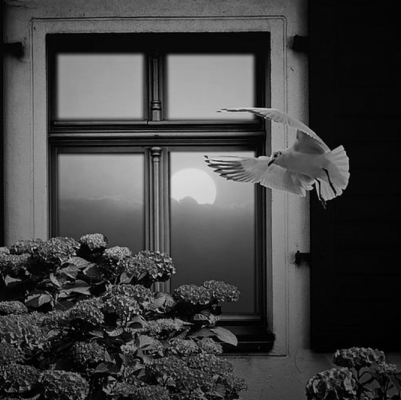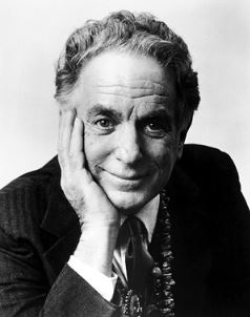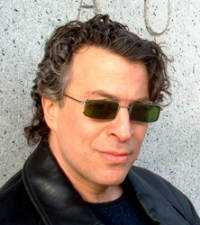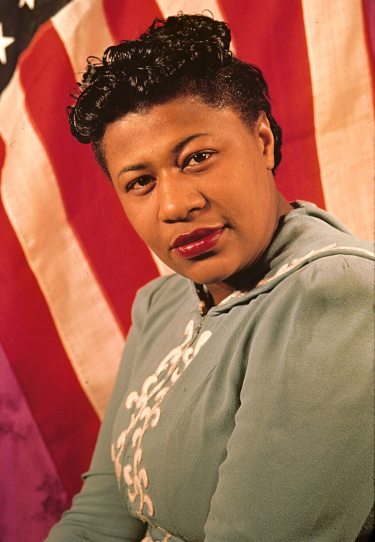“The Sounds Outside My Window” – a poem by Bradford Middleton
. . photo via pickpik.com . . The Sounds Outside My Window ………(for Jack Kerouac) So the drunk old genius of the road once wrote that the sounds outside his window were worthy of his poetical consideration but right now, out of mine, all I can hear are seagulls squawking and sirens wailing and, in … Continue reading ““The Sounds Outside My Window” – a poem by Bradford Middleton”
...November 21st, 2024














































